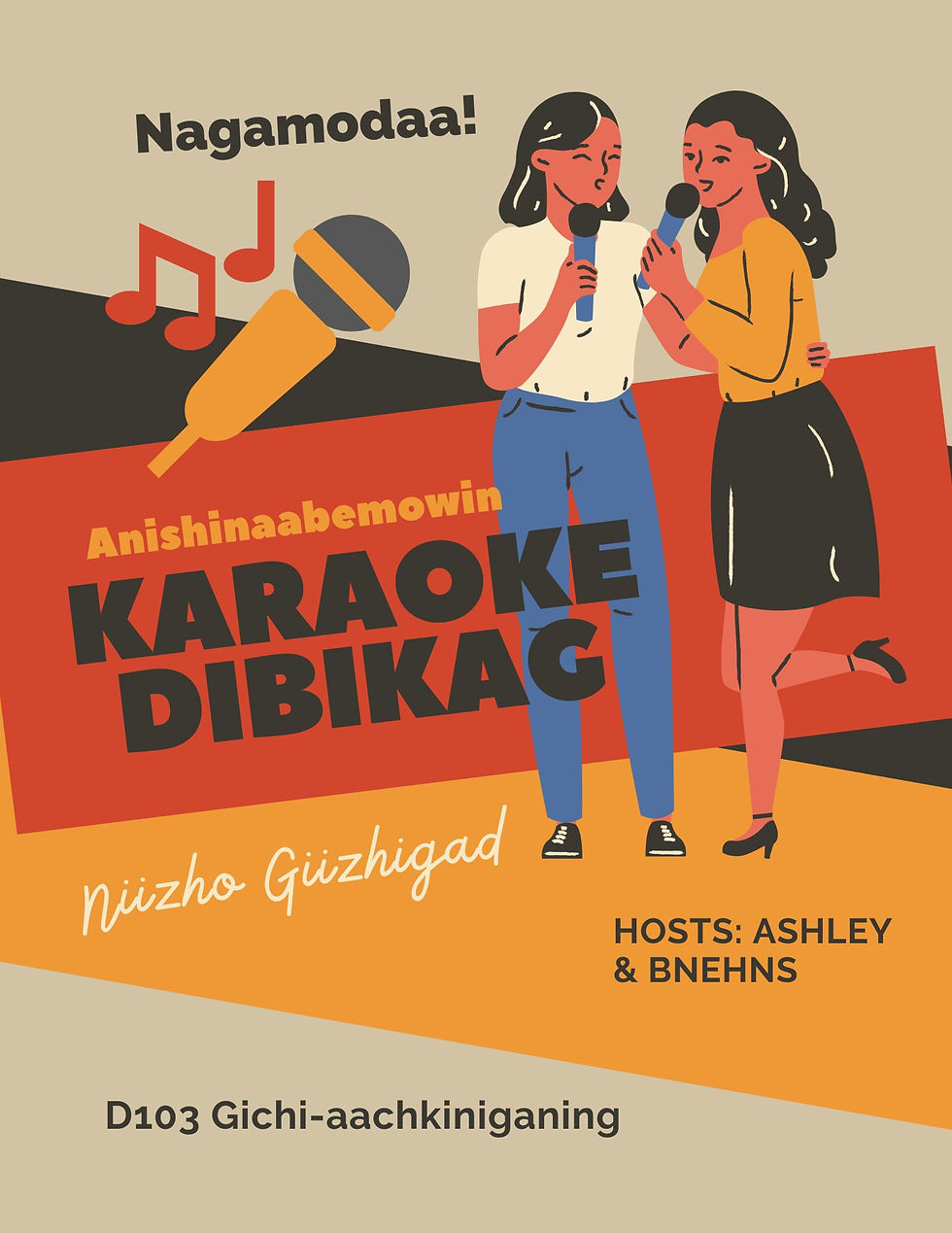10 Benefits of Attending Sage and Sunshine School
- Ashley Wynne

- Aug 9, 2022
- 4 min read
Sage and Sunshine Culture-Based Private School is the only school in Peterborough ON providing Indigenous culture-based education. The school offers a one-of-kind educational experience for Indigenous children and their allies aged 4-10. Giving children, the unique experience of learning Indigenous language and culture alongside the Ontario curriculum while working at their own pace. Sage and Sunshine provides a supportive, encouraging, and safe environment for students to learn.

1. Culturally Appropriate Education: At Sage and Sunshine School Indigenous knowledge is highly valued and incorporated into lessons blending Indigenous knowledge and Western knowledge systems. Students are provided with opportunities to connect with their community, language, culture, ceremonies, and traditional teachings. They have access to drumming, singing, dancing, art, local elders and knowledge keepers, and other cultural workshops. Students see Indigenous representation in all subject areas allowing them to make more meaningful connections in their education. Sage and Sunshine school empower students by supporting the development of a strong cultural identity and a sense of pride in who they are. Positive self-esteem and self-worth contribute to their overall confidence and motivation for life-long learning.
2. Holistic Learning: Understanding and respecting that children learn best when they are viewed as a whole person including, spiritual, intellectual, emotional, and physical development. We must understand their ability to learn is directly affected by what is happening around them at school as well as in their lives outside of school. Educators also understand there are a variety of learning styles and each child will have their own preferred ways of learning. Educators plan meaningful lessons that incorporate a variety of these learning styles to explore and solidify concepts.
3. Strong sense of Belonging and Community: Students and educators spend a lot of time together building strong relationships within the school community. Children learn to support each other and be good leaders. Students also have opportunities to make connections to the local Indigenous community as well. They will feel like a valued member of their community.
4. Overall Well-Being- We start our day with gratitude and intention using smudging and tobacco offering ceremonies. We acknowledge the land we are able to learn on and give thanks to the many parts of creation. We share our feelings every morning and choose an affirmation to focus on for the day, at the end of the day during our closing circle we share our feelings again and share how we challenged ourselves. When conflicts arise and there are 'big feelings' in the class we host a sharing circle and everyone takes turns holding our Talking Stick and sharing their feelings, experiences and possible solutions. We focus on the 7 grandfather teachings (Respect, Courage, Honesty, Love, Wisdom, Humility, Truth) to make positive choices every day.
5. Hands-on/experiential learning: Children learn best when they are engaged and can make their own connections to lessons. Hands-on/experiential learning allows them to explore and try different things. They are able to make mistakes and problem solve. When working in a group they can share ideas and collaborate with each other. Reflection is important to this process to ensure understanding and to make meaningful connections in their learning.
6. Activists/Changemakers- Students are empowered to believe they make a difference, their voices matter, and change for a better world is possible. We look at social and environmental issues that directly affect them and do what we can to make a difference. We have written to the prime minister regarding equality for First Nations students. We learned about the Truth and Reconciliation Calls to Action and planted a heart garden with different colours that represent the different areas. We learned about water activist Autumn Peltier and other inspiring people throughout the year and social issues that directly affect Indigenous people.
7. Individualized Support: Small classroom sizes and teacher/student ratios allow teachers to spend more time with students building strong relationships and the ability to provide students with more 1-1 support with challenging lessons, personal/academic goals, social/emotional development, etc.
8. Safety: With fewer students/staff there is a reduced risk of an outbreak of communicable diseases and more control over the spread. Teachers are able to ensure the safety and well-being of every student, emotionally, spiritually, mentally, and physically. building strong student-teacher relationships -Children build relationships
9. Multi-Age Model: Traditionally children would have learned with their families and community. Younger children learn by observing older children and adults. Older children learn important leadership skills. Since learning is individualized there is less pressure and comparison on students' academic performance. Instead, students learn to create their own goals and develop a love for lifelong learning, curiosity, and growth.
10. Taking Back Our Right to Education: Decolonizing education and curriculum allows Indigenous students the opportunity for equal education that values them. "Between 1879 and 1996, the Government of Canada took First Nations, Métis, and Inuit kids away from their families and homes and put them in residential schools. At residential schools, kids were not allowed to speak their language or celebrate their culture and were often treated badly by the adults in charge of the schools. Many of the children who went to residential schools became sick and died because the schools were poorly built and didn’t get enough money from the Government of Canada to keep the kids healthy. The kids who survived residential school returned home with great sadness and hurt that has been passed on to current generations" (First Nations Child and Family Caring Society). Sage and Sunshine is helping to give back Indigenous people’s rights to their language and culture in the same way it was taken, through education. Students will gain valuable knowledge to share with friends, family and future generations. Sage and Sunshine's inclusive child-led Indigenous-focused education has many benefits for children, families, the community and the future of Canada.
.png)



Comments